special offers
Services and Specialities
Begin and end your day with a smile!
-
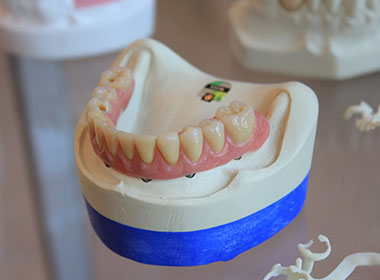
Removable prosthodontics
Removable prosthodontics, are designed such that they can be removed, at will, by the patient. They are more patient friendly, do not hamper speech, and are more comfortable to eat with.
-
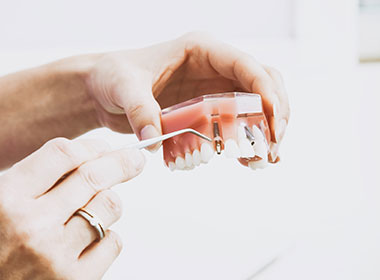
Fixed prosthodontics
Fixed prosthodontists restore esthetics, function and comfort with artificial substitutes.These restorations are used to restore damaged teeth, replace missing teeth, correct orofacial problems, etc.
-
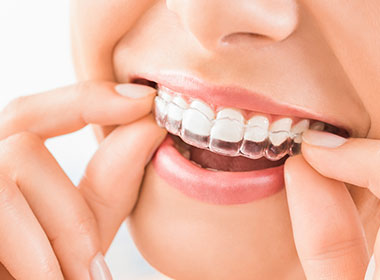
Invisalign
Invisalign’s aligners are a lot harder to spot than metal brackets are. That means that the treatment can help people who wish to straighten their teeth without as many other people realizing it.
-
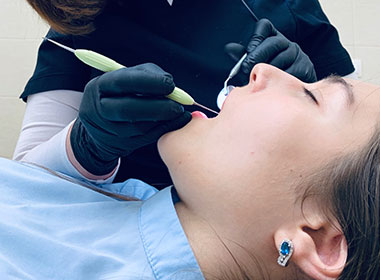
Oral surgery
Our oral surgery services are committed to improving oral health and well-being with uncompromising quality of care. Our surgeons offer experienced oral and maxillofacial treatments(Simple and ones with surgical extraction and bone grafting).
-
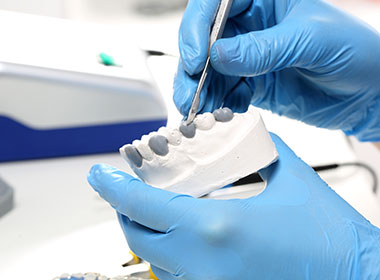
Implants
Dental implants are the newest way for dentists to help their patients replace missing teeth. They can be used to support crowns replacing single missing teeth, bridges that restore a larger span of missing teeth, or even dentures.
-
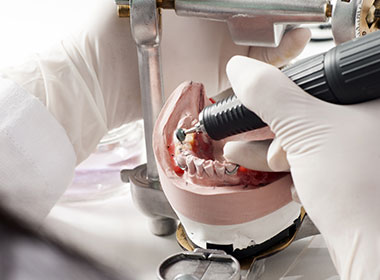
Inlays and Onlays
Inlays and onlays are used to replace damaged areas of the tooth. An inlay, is used inside the cusp tips of the tooth. An onlay is a more substantial reconstruction, similar to the inlay but extending out over one or more of the cusps of the tooth.
-
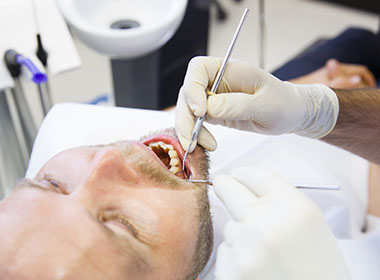
Root canal treatment
Root canal treatment is a dental procedure that replaces a tooth’s damaged or infected pulp with a filling. The pulp consists of specialised dental cells, blood vessels, tissue fibres and some nerve fibres located in the hollow space in the central part of the tooth.
-
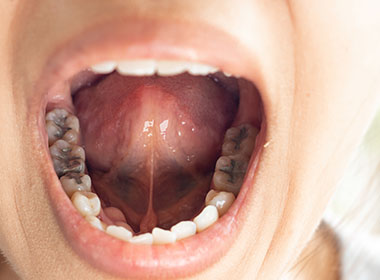
Fillings
A filling repairs and restores the surface of a tooth that has been damaged by decay, fracture, or wear. A dental filling strengthens the tooth.
-
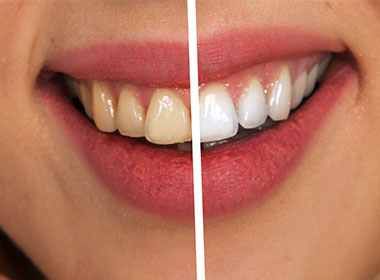
Whitening
Teeth whitening is a simple process where hydrogen peroxide or carbamide peroxide work to break stains into smaller pieces, which makes the color less concentrated and your teeth brighter.
Dr. Tadros
We are proud to have the opportunity to give you the smile of your dreams
Magdy Tadros, DDS specializes in general dentistry for adults and children, with every patient treated as our family member. We take our time with our patients and give you all the attention you need. Our ultimate goal is to make you feel comfortable. Offering general exams, cleaning, fillings, whitening, implants, and more.
Contact Us
We create
beautiful smiles
for all ages
Make an appointment
There is a right way to brush and floss your teeth. Every day:
Gently brush your teeth on all sides with a soft-bristle brush and fluoride toothpaste.Use small circular motions and short back-and-forth strokes.Brush carefully and gently along your gum line.Lightly brush your tongue to help keep your mouth clean.Clean around your teeth with dental floss. Careful flossing removes plaque and leftover food that a toothbrush can't reach.Rinse after you floss.
- Clean your teeth twice a day.
- Avoid sugar-rich food products.
- Do not smoke. Eat fruits and vegetables.
- Use dental floss regularly.
- Visit your dentist at least once a year.
- Smile more.
F.A.Q
We are here to answer any question you may have and encourage open communication.We will always let you know the treatment plan and costs associated prior to the procedure.
Our staff is highly trained and we use the most up to date equipament and adhere to extrict safty procedures.
Do I need to have a root canal because I have a crown?
What's the difference between a bridge & a partial denture?
What's the difference between a crown & a cap?
Is one TOOTHPASTE better than others?
How often should I floss?
How safe are dental X-rays?
Advances in dentistry over the years have lead to the low radiation levels emitted by dental X-rays. Some of the improvements are new digital X-ray machines that limit the radiation beam to the small are being X-rayed, higher speed X-ray films that require shorter exposure time compared with older film speeds to get the same results, and the use of film holders that keep the film in place on the mouth (which prevents the film from slipping and the need for repeat X-rays and additional radiation exposure). Also, the use of lead-lined, full-body aprons protects the body from stray radiation (though this is almost nonexistent with the modern dental X-ray machines.) In addition, federal law requires that X-ray machines be checked for accuracy and safety every two years, with some states requiring more frequent checks.



